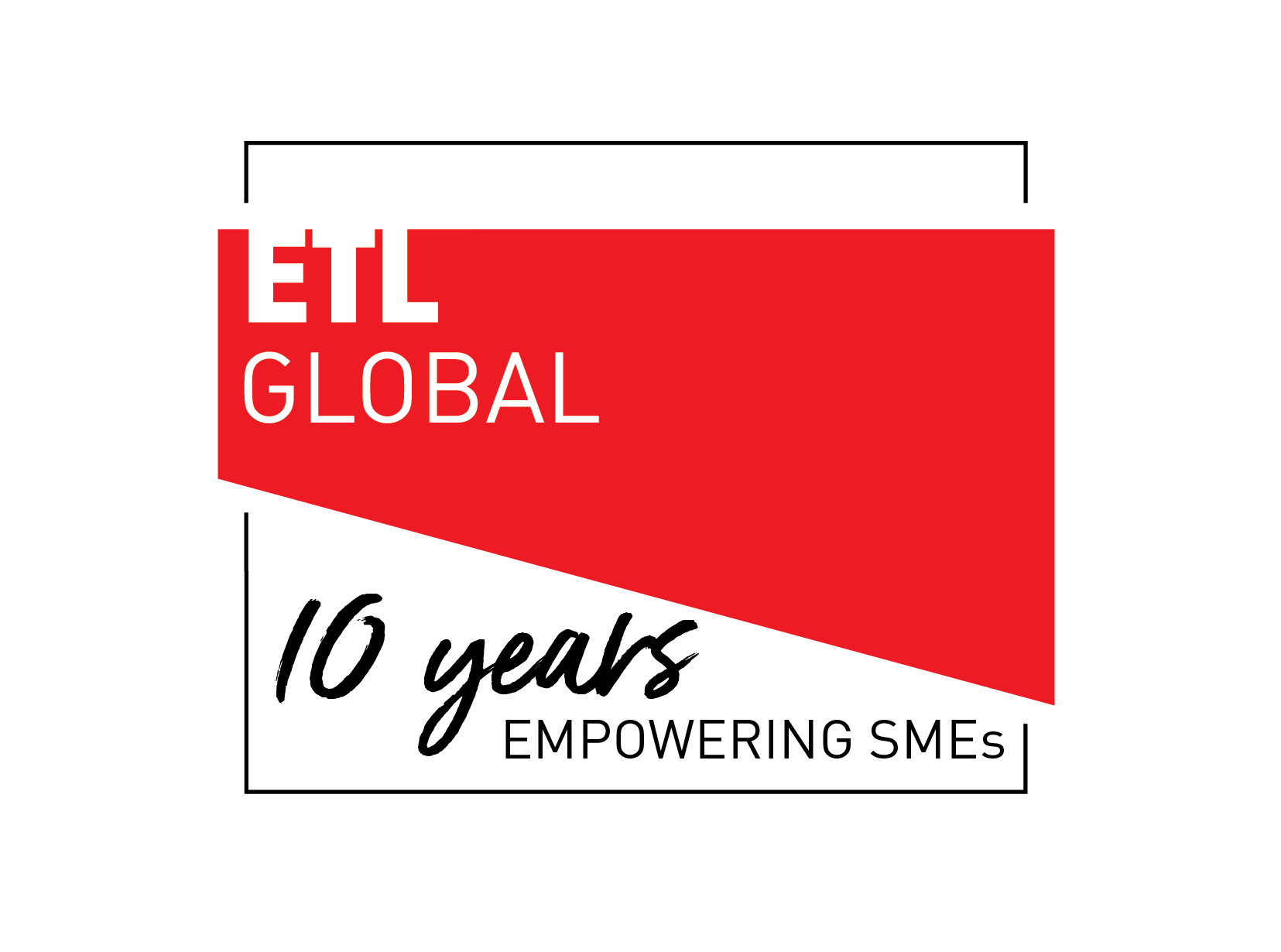This post aims to share some of the China ‘s transfer pricing regulation and practice, which includes key investigation objects of transfer pricing in China and the threshold of transfer pricing documentations in China.
Key investigation objects of transfer pricing in China
Chinese tax authorities are guided by risk management, constructing and improving a monitoring and management index system for related party transaction profit levels, strengthening the monitoring of enterprise profit levels, and promoting tax compliance of enterprises through special tax adjustment monitoring management via some self-adjustment mechanism and special tax investigation adjustments. Special tax adjustment monitoring management
- Review of related party declarations
- Review of Master File and Local File, especially the Local file
- Monitoring of profit level
According to Announcement of the State Administration of Taxation on Issuing the Administrative Measures for Special Tax Adjustment and Investigation and Mutual Consultation Procedures (Announcement of the State Administration of Taxation [2017] No.6 ), pay special attention to the following risk characteristics of tax payers:
- has larger amount connected or more types connected;
- has losses for a long term, makes meager profit or largely fluctuated profits;
- its profit level is lower than the industry level;
- its level of profit does not match its functional risks assumed, or the earnings shared are not proportional to the costs allocated;
- incurs connected transactions with affiliates in countries (regions) subject to low tax;
- fails to report the connected transactions or prepares contemporaneous documentation as required;
- the proportions of debts investment and equity investment made by its affiliates exceed the prescribed standards;
- it is under the control of a resident enterprise or a resident enterprise and Chinese resident that is established in a country (region) where the actual tax burden is less than 12.5%, and that distributes profit or distributes less profit not due to reasonable business needs; or
- carries out other tax planning or arrangements that do not have reasonable business purposes
The threshold of transfer pricing documentations in China Country-by-Country report
A Resident enterprise which falls under any of the following circumstances shall fill out the country-by-country report while filing the Annual Report on the Related-party Transactions:
- The resident enterprise is the ultimate holding company of a multinational group, and its aggregated revenue of all types shown on the annual consolidated financial statement for the last fiscal year exceeds CNY5.5 billion.
The ultimate holding company refers to the enterprise that is able to consolidate all the financial statements of the member entities in the multinational group to which it is affiliated but it cannot be consolidated into the financial statements of any other enterprise. Member entities include: (1) Any entity that has been included in the consolidated financial statement of the multinational group in fact. (2) Any entity whose shares are held by the multinational group and that should, in accordance with transaction requirements of public securities markets, be included but has not been included in the consolidated financial statement of the multinational group. (3) Any entity that has not been included in the consolidated financial statement of the multinational group for the only reason of its business scale or the degree of its importance. (4) Any permanent establishment that conducts calculating independently and compiles financial statements.
- The resident enterprise is designated as the filing enterprise for the country-by-country report by the multinational group.
The country-by-country report mainly discloses the country-by-country situations of the global income, taxation and business activities of all member entities of the multinational group to which the ultimate holding company is affiliated.
Master File
Enterprises meeting any of the following conditions are required to prepare the master file:
- The enterprise has conducted cross-border related-party transactions in the current year, and the group to which the ultimate holding company consolidating the financial statement of that enterprise is affiliated has prepared the master file.
- The annual total amount of the related-party transactions exceeds CNY1 billion.
Local File
Enterprises whose annual amount of related-party transactions satisfies any of the following conditions shall prepare the local file: (1) The amount of tangible assets ownership transfer (in case of toll processing activities, the amount shall be calculated on the basis of customs clearance price for annual import and export) exceeds CNY200 million. (2) The amount of financial assets transfer exceeds CNY100 million. (3) The amount of intangible assets ownership transfer exceeds CNY100 million. (4) The aggregated amount of other related party transactions exceeds CNY40 million.





